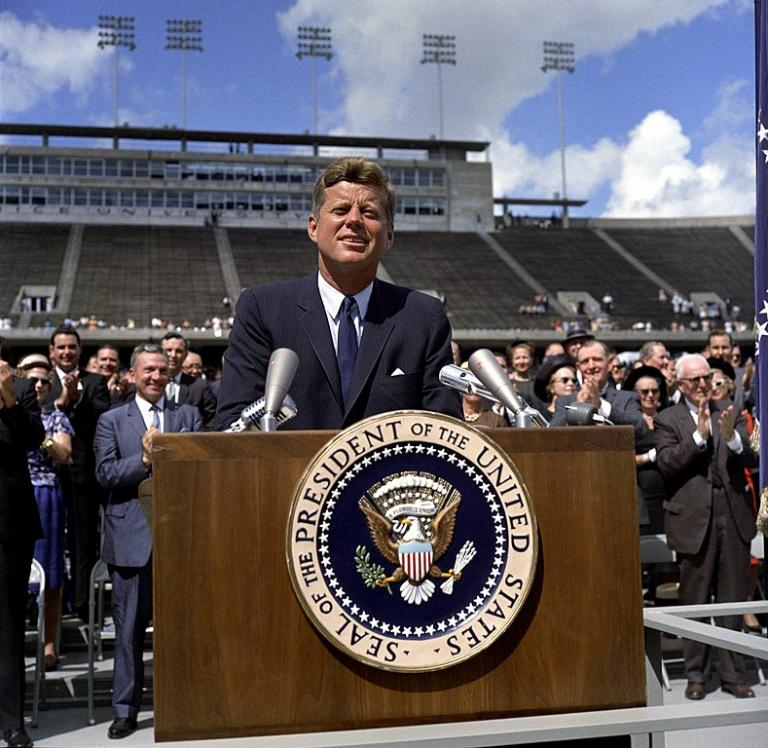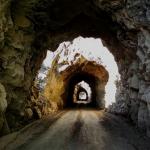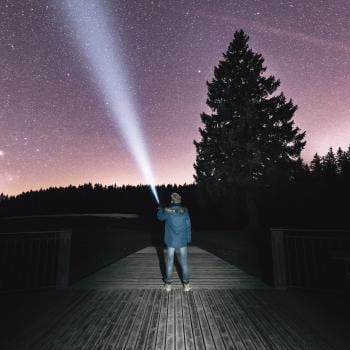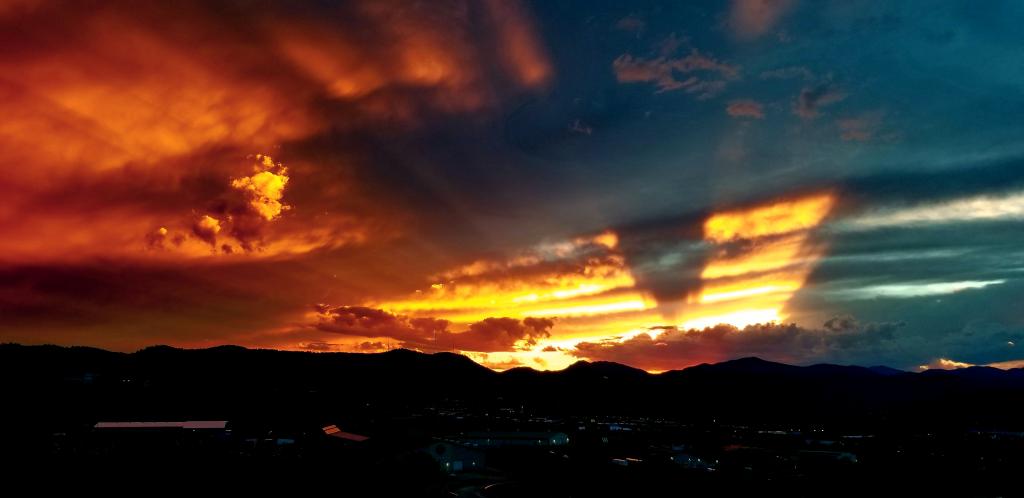This week we marked the 50th anniversary of the historic moonshot, the Apollo 11 mission which forever changed history. More than 200,000 men and women worked to help put two men on the moon, taking large steps for all of us. It was an unifying moment, an electrifying time to see progress.
I’ve been listening to the Bill Whittle podcast on Apollo 11, What We Saw. The behind-the-scenes reflections by those involved are amazing and riveting.
Did you know that Buzz Aldrin celebrated communion immediately after the lunar module landed? He later wrote about the moment, particularly remembering the way the “one-sixth gravity of the moon, the wine curled slowly and gracefully up the side of the cup.”
Everything about the trip to the moon was bold and ingenious. It stretched technology. It stretched credulity. It stretched our imagination.
It all started with a bold message from President John. F Kennedy. It was a message that would take ten years to play out, allowing a successor president to revel in the glory while his own body laid in a tomb.
In the speech, President Kennedy set the bar high.
“This country of the United States was not built by those who waited and rested and wished to look behind them. This country was conquered by those who moved forward–and so will space.”
He quoted William Bradford, who spoke in 1630 of the founding of the Plymouth Bay Colony.
“All great and honorable actions are accompanied with great difficulties, and both must be enterprised and overcome with answerable courage.”
Kennedy continued, “If this capsule history of our progress teaches us anything, it is that man, in his quest for knowledge and progress, is determined and cannot be deterred.”
We Choose to go to the Moon
He gave a nod to America’s leadership, a less provocative version of America’s greatness.
“Yet the vows of this Nation can only be fulfilled if we in this Nation are first, and, therefore, we intend to be first. In short, our leadership in science and in industry, our hopes for peace and security, our obligations to ourselves as well as others, all require us to make this effort, to solve these mysteries, to solve them for the good of all men, and to become the world’s leading space-faring nation.”
And there was this.“We choose to go to the moon. We choose to go to the moon in this decade and do the other things, not because they are easy, but because they are hard, because that goal will serve to organize and measure the best of our energies and skills, because that challenge is one that we are willing to accept, one we are unwilling to postpone, and one which we intend to win, and the others, too.”
These few words acknowledged that the mission would not easy. It would cost money, time, and energy. Lives could be lost. We could fail. But those things were broadly accepted by the nation in the Race to Space.
What Hard Things Do You Choose?
The Apollo 11 Mission perfectly illustrates our life of yes. We can choose to say no. Tha
t’s the easy path, the one of least resistance.
“A ship in harbor is safe, but that is not what ships are built for.” —John Shedd
The following passage is found in my new book, Living a Life of Yes: How
One Word Changes Everything.
“I constantly feel the tug to contain my joy, curb my fervor, and allow a little skepticism to tame my faith. We’re told that taking risks, embarking on foolish endeavors, and chasing dreams isn’t the stuff of mature men and women. An act of maturity is to “settle down” with a path in life—and stick to it. But the problem is that Easy Street is also a dead-end street. We have forgotten the thrills—and rewards—of danger. As if a protective parent were shouting in our heads, we hear the warnings. We don’t walk near the ledge because we might fall. But meanwhile, we miss a spectacular view. We don’t run down the mountain, hair flying in the wind, because we might trip. We miss the thrill of letting ourselves go. We quit riding the merry-go-round because now it’s suddenly scary. We neglect laughing so hard that our insides are turned out, and our faces hurt with joy. We don’t love—and don’t even try—because we have been hurt and we don’t want to get hurt again.”
I believe everyone has a risk muscle. If you don’t use it every day, it begins to atrophy, and soon you’ll be too weak and tired to do something new.
So what hard things are you doing?
You might not choose to go to the moon, but you can choose to go across the street, or pick up the phone, or write a check – all hard things. You might not hurtle into space, but you can choose to help the needy, go on a mission trip, or start a program to help others.
Life is full of hard things, and we need people – Modern Astronauts of the Heart – who will strap in, give a thumbs up and plunge into the unknown.
Embed from Getty Images
“When I consider thy heavens, the work of thy fingers, the moon, and the stars, which thou hast ordained; What is man, that thou art mindful of him? and the son of man, that thou visitest him?”














